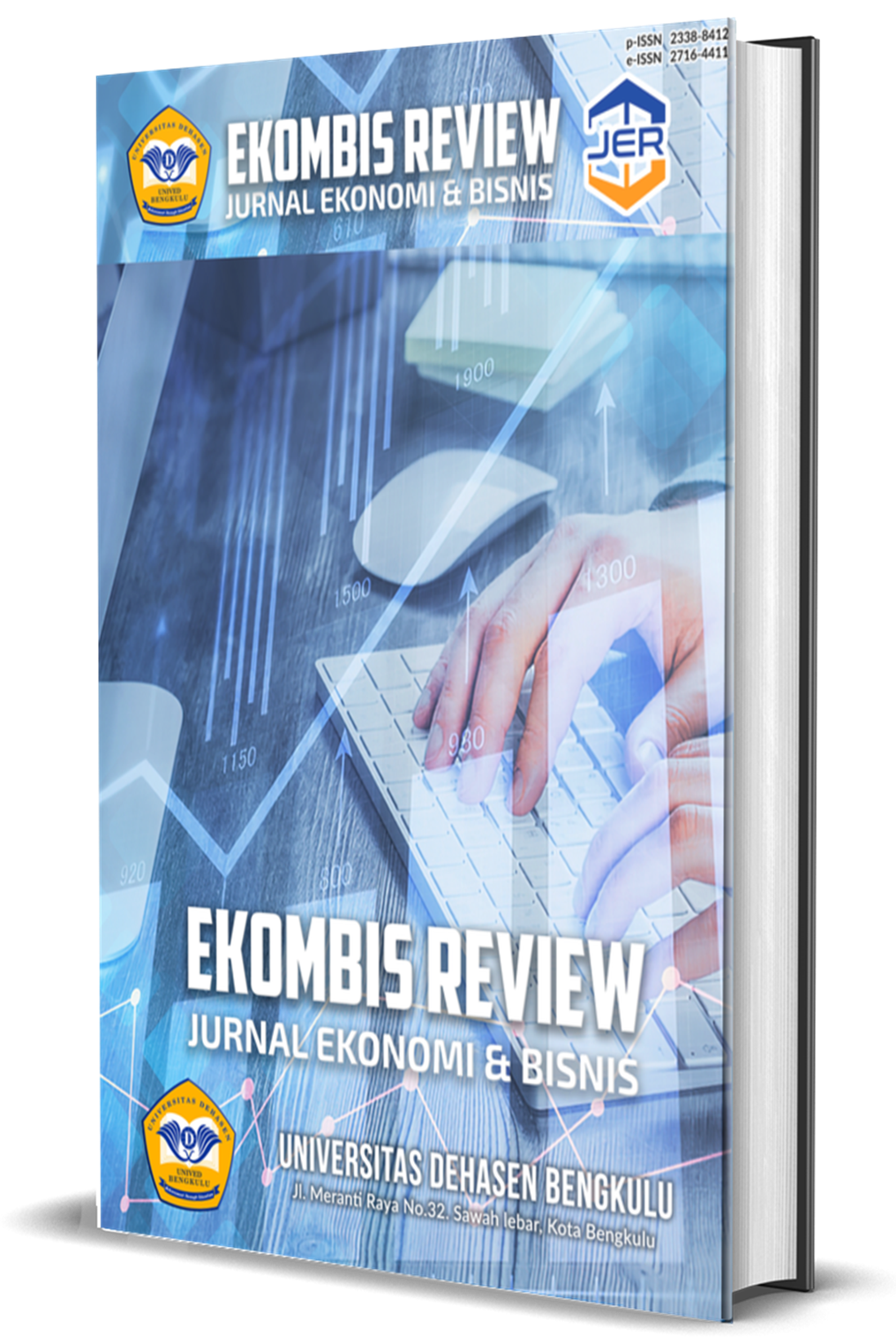Building A Strong Culture And Improving Performance: Organizational Strategies For Developing Superior Human Resources
Abstract
This study aims to understand the role of organizational culture in improving employee performance at Sekolah Tinggi Ilmu Ekonomi Bentara Persada (STIE BP) Batam. A qualitative approach was employed, using triangulation techniques to validate data through interviews and direct observations. The findings reveal that the organizational culture established at STIE BP characterized by values such as honesty, responsibility, care, fairness, and consistency has been internalized by employees and serves as a guiding principle in carrying out their duties and responsibilities. This culture is reflected in routine activities such as staff recollections, the use of symbols and uniforms, as well as the implementation of the institution’s motto and vision-mission. In addition, the quality assurance system and the application of Key Performance Indicators (KPIs) contribute to increased productivity and work motivation. The findings also indicate that organizational culture fosters a sense of belonging, enhances self-confidence, and strengthens employee engagement with the institution. Thus, a strong organizational culture not only functions as a tool for social control but also serves as a key driver of employee performance.
Downloads
Copyright (c) 2025 Brigida Endah Nuraeni, Edi Sumarya, Agus Sekti Susila Atmaja

This work is licensed under a Creative Commons Attribution-ShareAlike 4.0 International License.
An author who publishes in the EKOMBIS REVIEW: Jurnal Ilmiah Ekonomi dan Bisnis agrees to the following terms:
Author retains the copyright and grants the journal the right of first publication of the work simultaneously licensed under the Creative Commons Attribution-ShareAlike 4.0 License that allows others to share the work with an acknowledgement of the work's authorship and initial publication in this journal
Submission of a manuscript implies that the submitted work has not been published before (except as part of a thesis or report, or abstract); that it is not under consideration for publication elsewhere; that its publication has been approved by all co-authors. If and when the manuscript is accepted for publication, the author(s) still hold the copyright and retain publishing rights without restrictions. For the new invention, authors are suggested to manage its patent before published. The license type is CC-BY-SA 4.0.
EKOMBIS REVIEW: Jurnal Ilmiah Ekonomi dan Bisnis is licensed under a Creative Commons Attribution-ShareAlike 4.0 International License.














